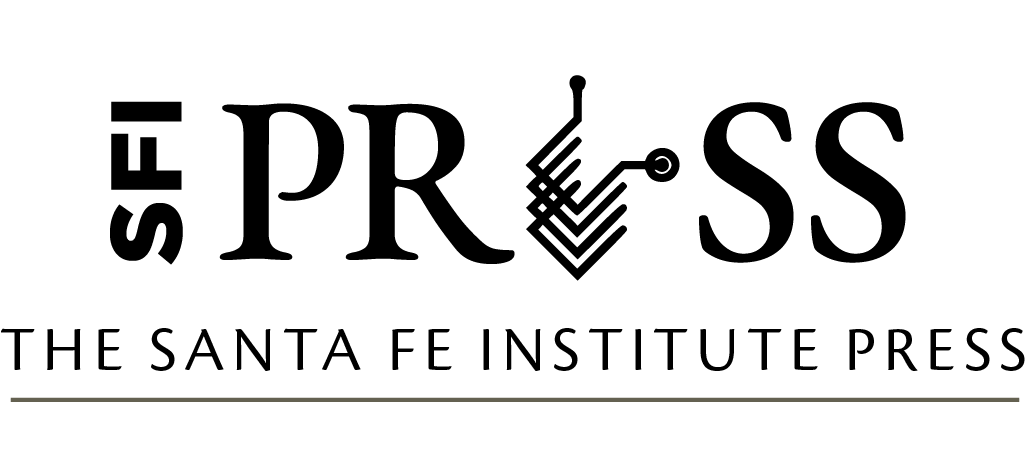Foundational Papers in Complexity Science pp. 2269–2283
DOI: 10.37911/9781947864559.72
Economics for Humans
Author: Richard Bookstaber
Excerpt
It seems self-evident that people are different from one another. We each have a different way of looking at the world, a different approach to making decisions. People also change. We are shaped by our individual experience and by changes in our environment, so how we make decisions today might not be the way we do so tomorrow. Such is the world in which we reside. It is also a world in which the artificial adaptive agents described by John Holland and John Miller reside. Their brief paper speaks to an approach to economic modeling based on simulations rather than mathematical solutions, an approach that can address problems that are beyond the reach of the tools common in economic theory.
Holland and Miller’s models can be summarized as executing in three steps:
Each agent observes its environment and takes action based on its heuristic.
The actions of the agents change the environment.
Each agent observes the change in its environment, adjusts its heuristic accordingly, and takes action in the next time step.
Two key features of the agents are that they are adaptive and heterogeneous: adaptive in that they react to changes in the environment and do so based on heuristics that might themselves change based on the new environment; heterogeneous in that the various agents see different aspects of the environment and act based on different heuristics.
Bibliography
Bookstaber, R. 2017. The End of Theory. Princeton, NJ: Princeton University Press.
Gigerenzer, G., J. Reb, and S. Luan. 2022. “Smart Heuristics for Individuals, Teams, and Organizations.” Annual Review of Organizational Psychology and Organizational Behavior 9:171–198. https://doi.org/10.1146/annurev-orgpsych-012420-090506.
Gualdi, S., M. Tarzia, F Zamponi, and J. P. Bouchaud. 2015. “Tipping Points in Macroeconomic Agent- Based Models.” Journal of Economic Dynamics and Control, 50:29–61. https://doi.org/10.1016/j.jedc.2014.08.003.
Lux, T. 2009. “Hens, T. and Schenk-Hoppé, K. R.” In Handbook of Financial Markets: Dynamics and Evolution, 161–215. North-Holland. https://doi.org/10.1016/B978-012374258-2.50007-5.
Palmer, R., W. B. Arthur, J. H. Holland, B. LeBaron, and P. Tayler. 1994. “Artificial Economic Life: A Simple Model of a Stock Market.” Physica D 75:264–274. https://doi.org/10.1016/0167-2789(94)90287-9.
Steinbacher, M., M. Raddant, F. Karimi, E. C. Camacho-Cuena, S. Alfarano, G. Iori, and T. Lux. 2021. “Advances in the Agent-Based Modeling of Economic and Social Behavior.” SN Business and Economics 1:99. https://doi.org/10.1007/s43546-021-00103-3.
